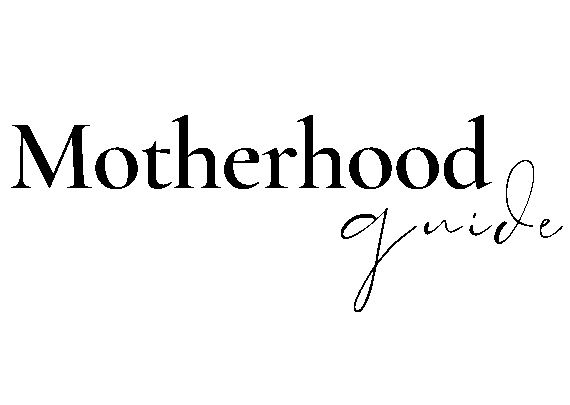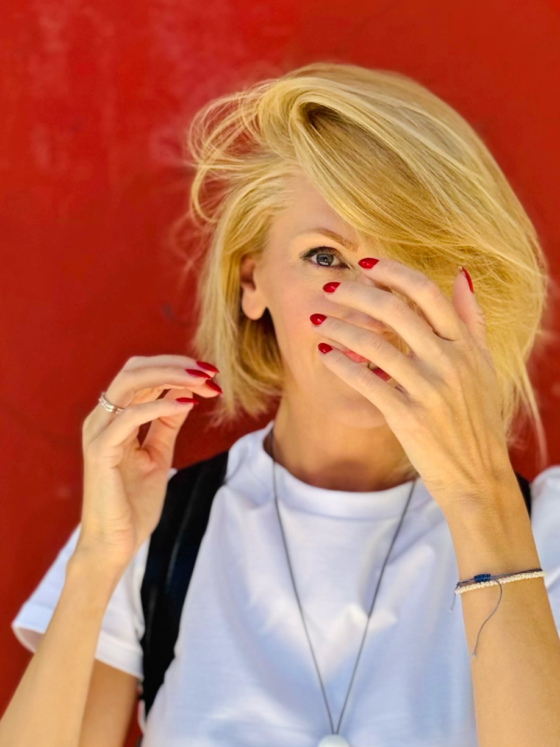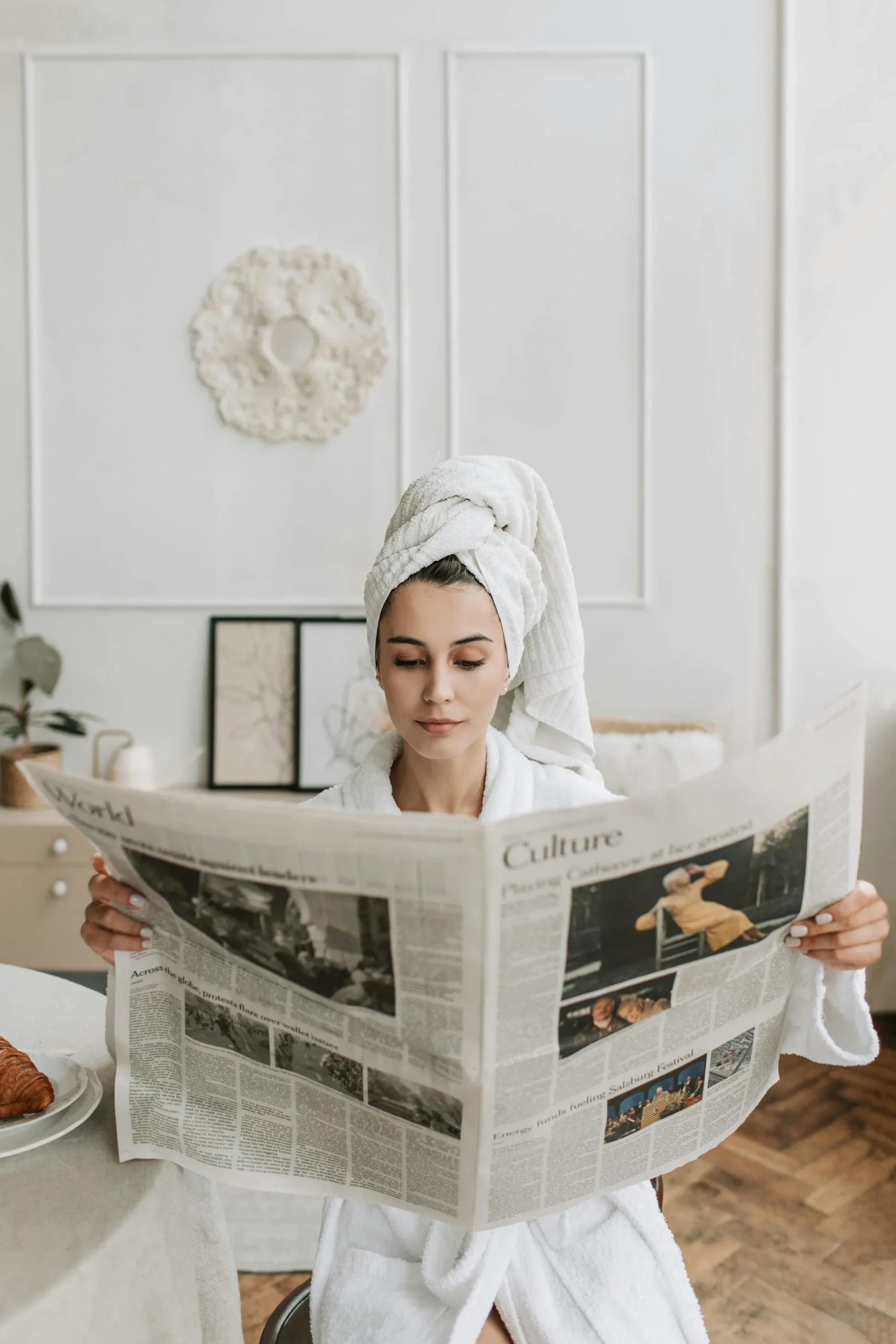Why on earth do you need a skateboard at 41, you might wonder.
Well, let me tell you my side of the story.
I grew up on blades. I mean rollerblades in summer, ice skates in winter. Some of the happiest moments of my childhood are the wind rushing through my ears as I sped around. And also some of the biggest pains: once, a friend and I decided it would be hilarious to hold onto a car’s side mirrors while it will drag us around. It was hilarious, especially the part when the speed became too much and I had to let go, landing flat on my tailbone in a ditch at the end of the street.
Less hilarious was to hide the pain from my parents, and not funny at all to feel that pain again, ten years later, during pregnancy, when that old tailbone injury came back to haunt me. My gynecologist then identified it as a previously broken tailbone, which is why sitting during the last 2-3 months before my daughter was born was nearly unbearable.
That little accident aside, it was fun. And fun is the first reason I, at 41, bought a skateboard.
1. Because I Forgot How to Play
Life had gotten safe, dry, and predictable. For most of my life, I had responsibilities to handle and commitments to complete.
I had to protect myself from any kind of liability. I simply couldn’t afford for something to happen.
Once, while visiting my friend in Norway, she took me skiing… on flat land! Did I enjoy it much? No. The entire time I was imagining myself falling, breaking something, being unable to take care of my daughter, not working, not earning: basically, every worst-case scenario you could think of.
Did I actually break anything? No.
But did I secretly want to fall flat in that snow and just lie there until she came back for me? Hell yes.
As the years went by, my prevention of any kind of “liability” got more advanced. My life became so safe, so dry, and so mild that it drained the laughter and joy right out of it. I stopped risking. I stopped feeling the rush through my body. I stopped playing.
And that, my friends, that’s what getting old feels like to me.
So now, I play again. I don’t really know how to ride yet, I’m a complete beginner. I wear all the gear (yes, the helmet too), and I push myself off, waiting for that moment of confidence when my second foot finally lands on the board.
And even though I’m far from gliding, I’m having so much fun.
I can’t wipe the smile off my face when I’m practicing. It feels so new, so free, so irresponsible, it’s like being thirteen again.
2. Balance
And no, I’m not talking about that life-balance nonsense (no one chasing big goals has a “balanced” life anyway).
I mean body balance.
Accepting that I’m aging, but planning to live to 110, means keeping my body’s balancing system intact.
Here’s some stats for you: women over 50 are up to five times more likely to fall than men of the same age. Falls are actually the leading cause of injury-related death in women over 65, largely because estrogen drops, affecting both bone density and the vestibular system, the part of your inner ear that keeps you upright.
Most fall-related injuries involve hips, wrists, and heads, and they’re not minor. Training your vestibular system helps prevent this. You can do that through yoga, Pilates, dancing, paddle boarding, or, in my case, also a skateboarding.
When I say skateboarding keeps my balance alive, I mean it literally trains the same system that helps prevent me from rolling down the stairs in my sixties.
3. Core Strength & Prolapse Prevention
Here’s a fact that’s rarely talked about: 50–60% of women who’ve given birth experience some level of pelvic organ prolapse later in life, meaning organs like the bladder or uterus shift downward because the muscles and connective tissues can’t hold them up anymore.
Deep core training, including things like yoga, Pilates, paddleboarding, and yes, skateboarding builds your core stability and deep pelvic muscles, which play a massive role in preventing that downward slide. Every time you stabilise on a board, you’re tightening the same internal muscles that hold everything in place.
4. Learning to Fall Through Skateboarding
You might say, “But skateboarders fall all the time!”
Exactly. That’s the lesson. You learn to fall safely, to soften your body, protect your limbs, and not panic.
And here’s something facts: during perimenopause and menopause, vestibular issues like dizziness and imbalance are common, and often under diagnosed. In one study, 70% of menopausal women complaining of vertigo had measurable vestibular dysfunction, meaning the brain-ear connection that helps you balance gets out of tune.
If your body already knows how to fall, if your muscles have that memory, you’ll protect yourself better. Skateboarding trains that system gently, giving me confidence not just in my legs, but in life.
5. Brain Health & Menopause
And here’s the cherry on top: Menopause actually changes your brain. Some areas that help with coordination, focus, and memory shrink, while small spots in the brain that are linked to early memory problems can appear more.
But physical coordination activities, like skateboarding, dancing, or even juggling stimulate neuroplasticity, helping the brain stay young and adaptable.
Every time I balance, push, or coordinate a new movement, I’m also stimulating neuroplasticity, helping my brain stay adaptable and resilient. So while my body learns to stay upright, my brain is learning to stay young too.
——–
You might say that I’m still young enough, far from elderly, so why do i care so much of getting old! However, preparing ourselves to be old & strong is never too early, but it can definitely be too late. It’s best to start when our muscles are still elastic and strong, not when they struggle to carry us, and when our brain is still active, not when signs of decline show up.
I like to say: your first wake-up call is at 35, your second at 40, and your third (and last) at 45. If you’re not on time, you might miss your chance to enjoy longer mobility and active brain
So no, skateboarding at 41 isn’t a midlife crisis. It’s a long-term investment in my future brain, balance, and bones. It came from a wish to stay young and relevant, not just in how I look.
Can you imagine me, teaching my grandkids (if I’m blessed getting them in some 10–15 years) to skateboard on a sunny coast? I do. And now, can you imagine doing the same for yourself?











